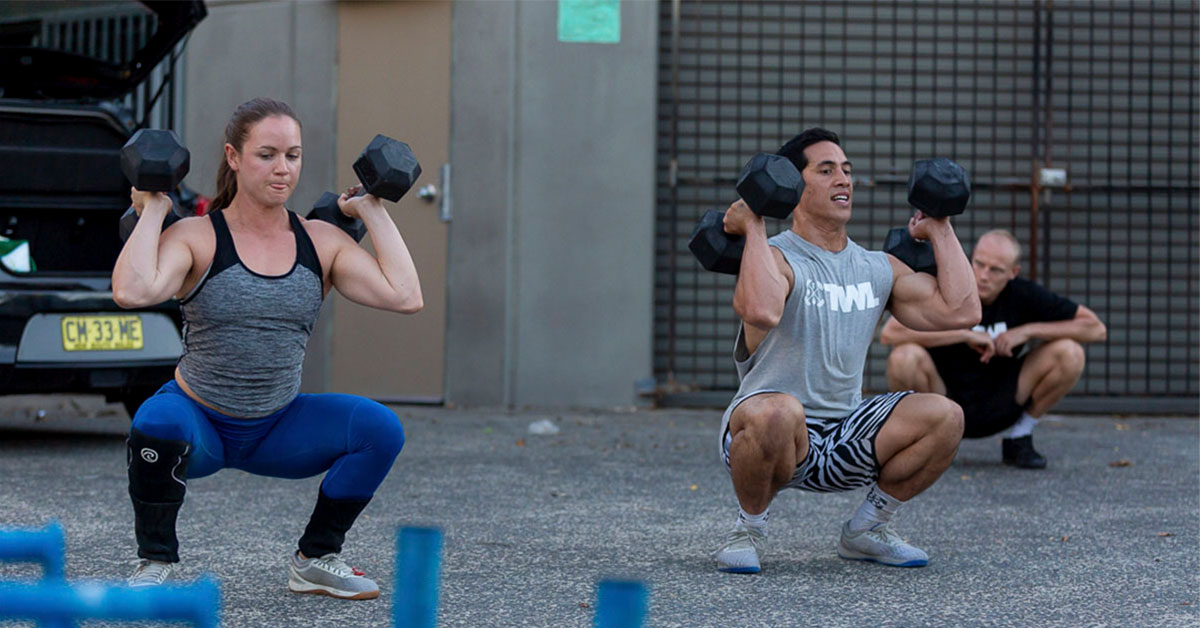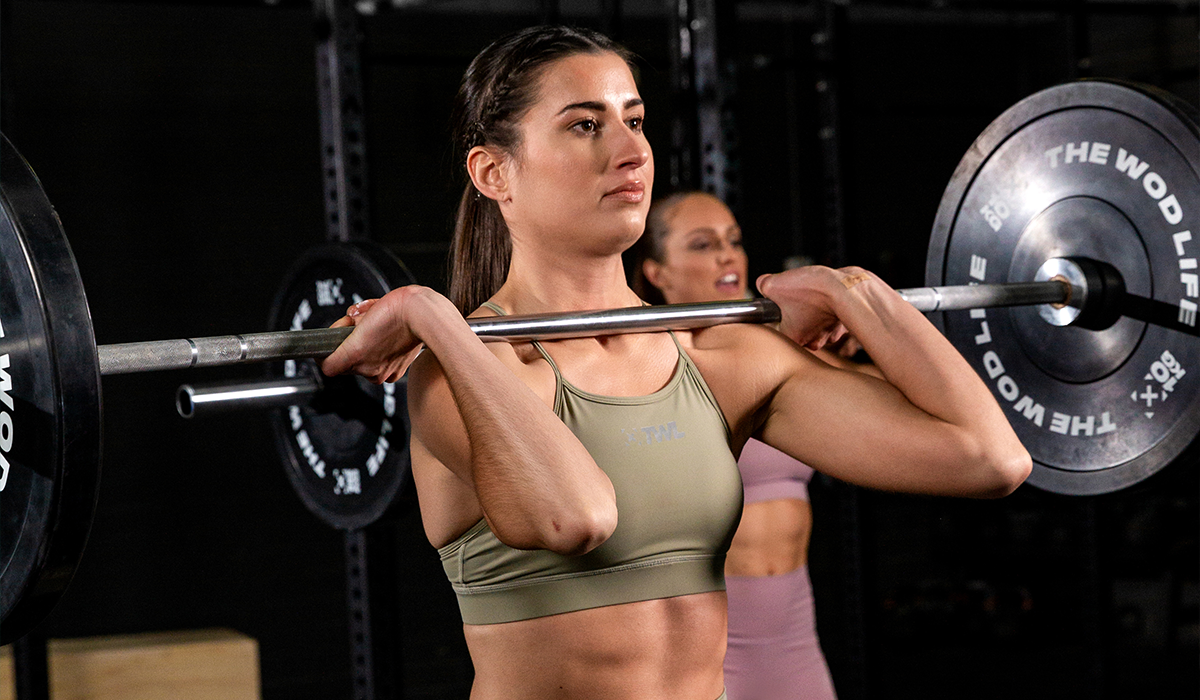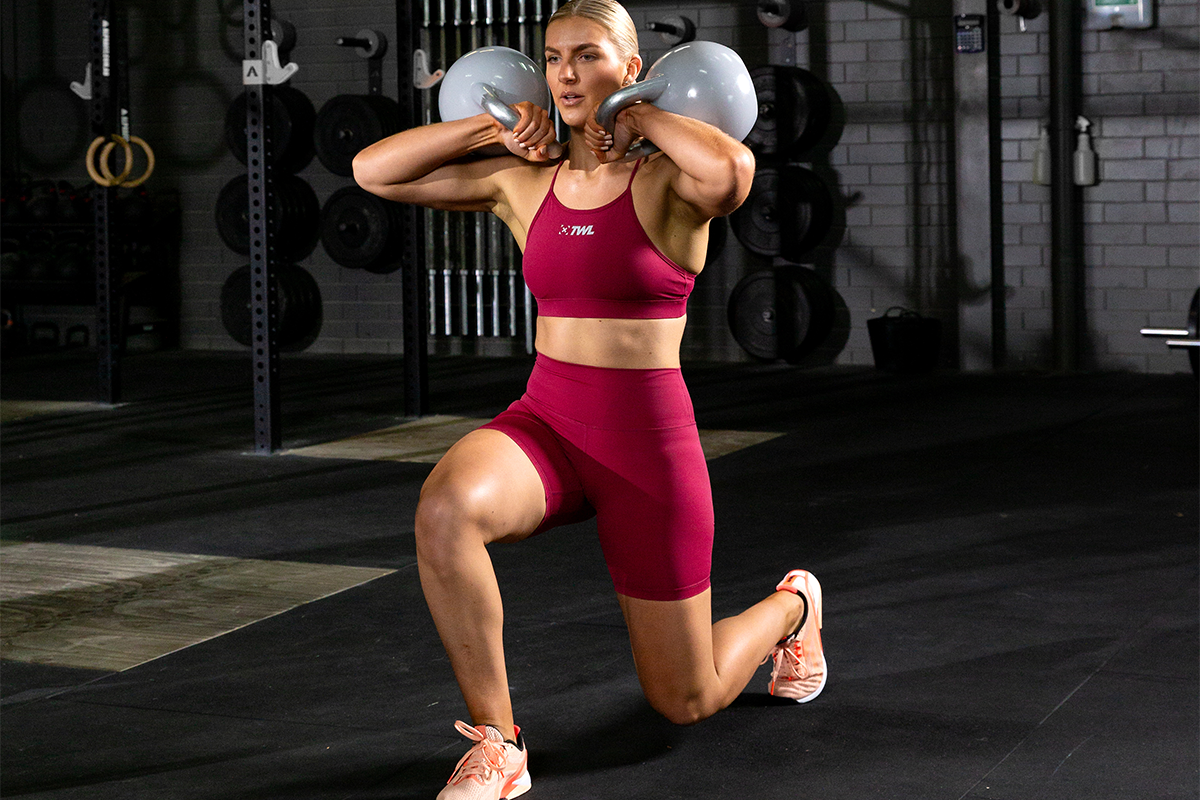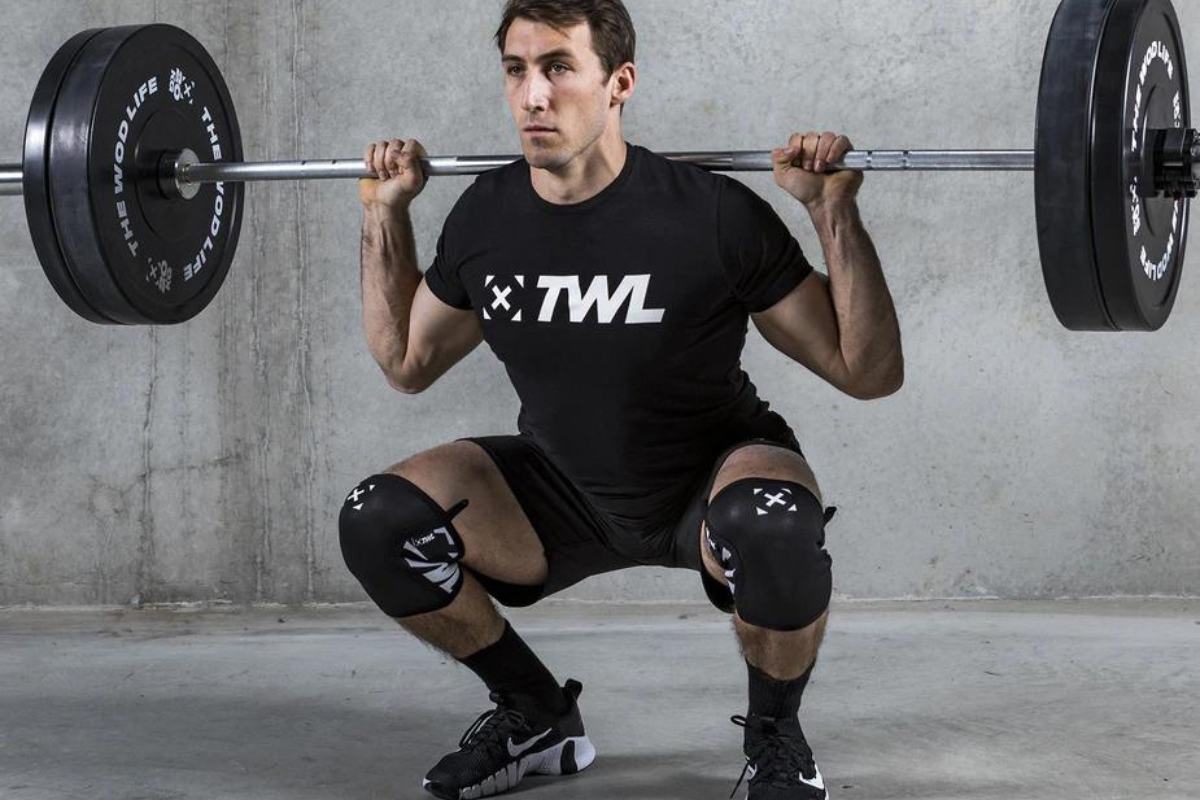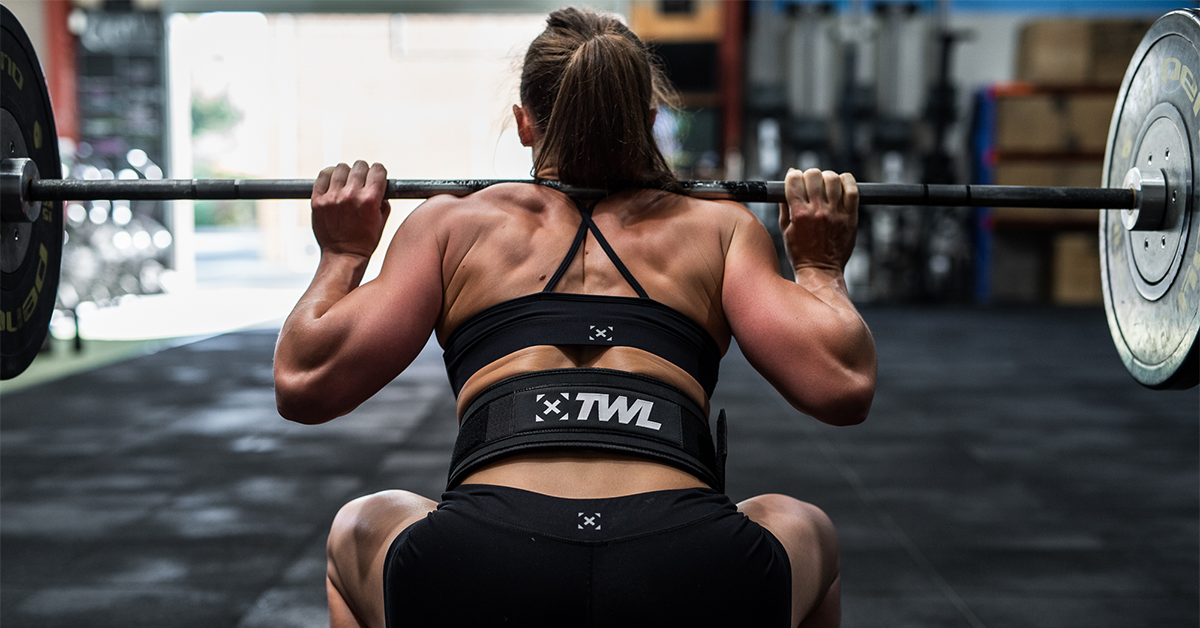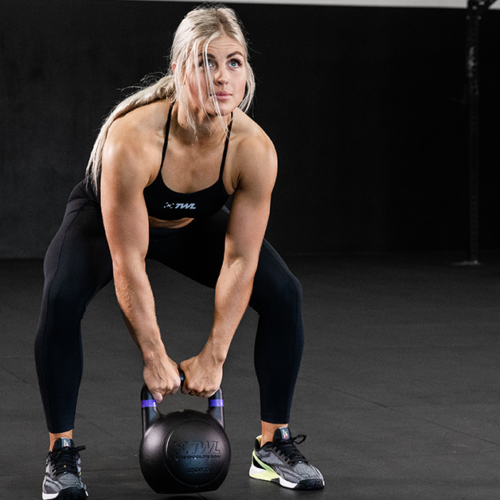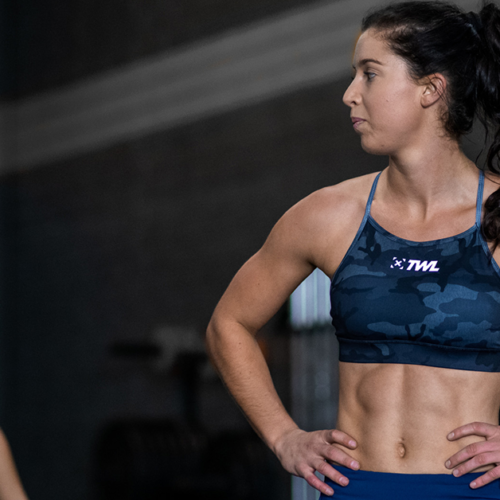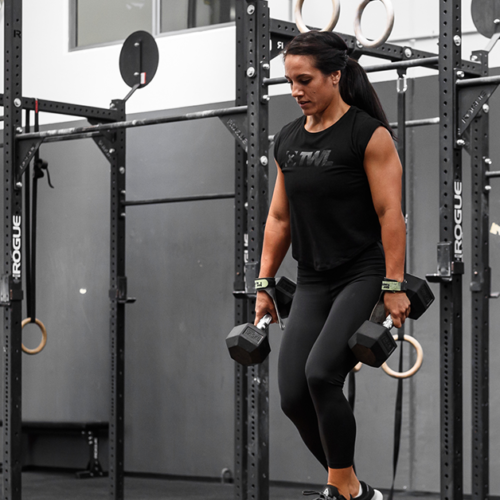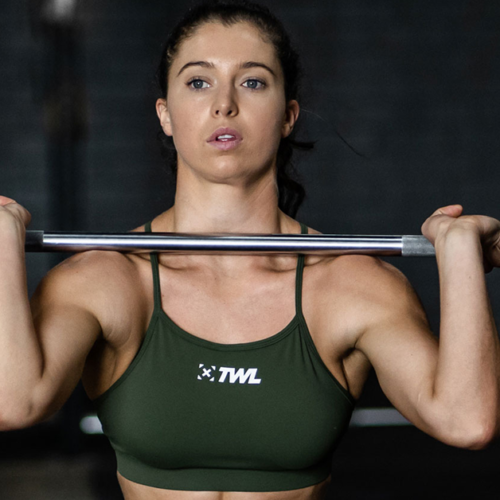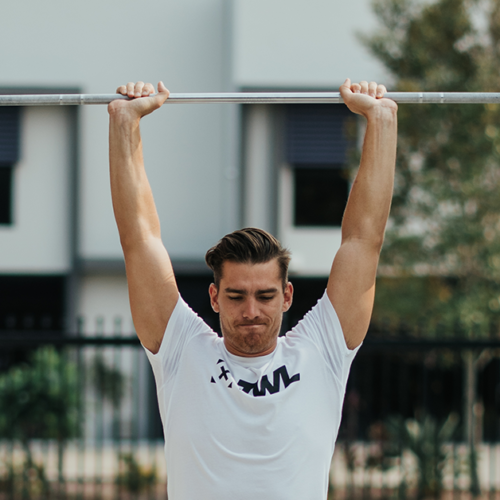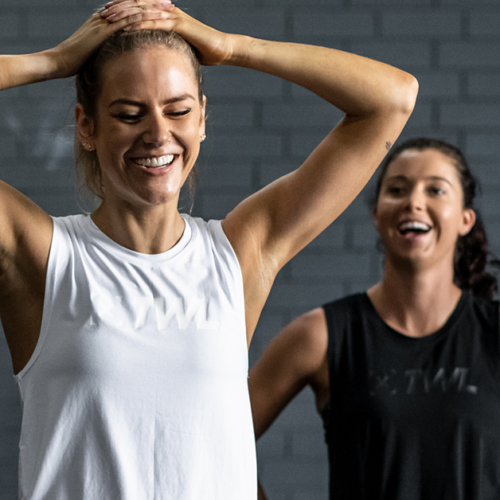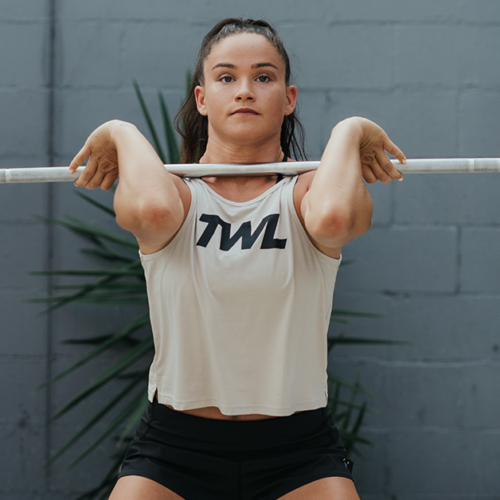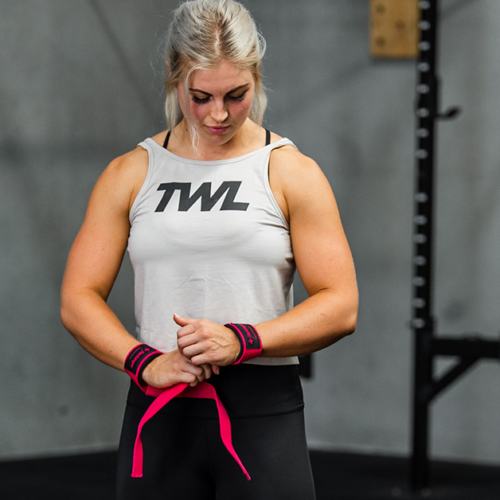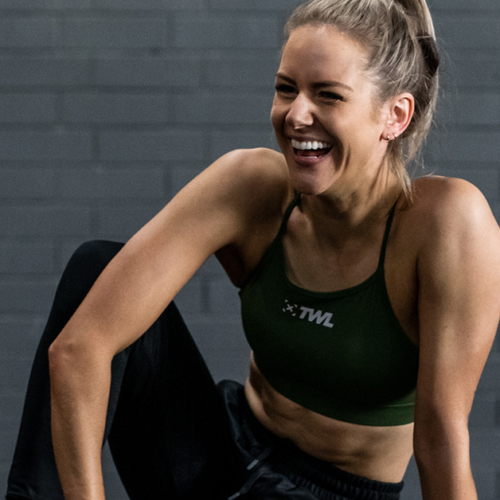Hip and leg strength is one of the most important components to success in almost all athletic ventures. Whether you are an Olympic weightlifter, weekend cyclist, rugby winger, or cross country skier, a strong, powerful lower body is vital to performance. There are various ways to develop and improve lower body power, but arguably the most effective is squatting. Why is squatting important?
Squatting has been incorporated into athletic training for decades and comes in countless variations, including weighted, speed, tempo, and jumping. Why are squats important to functional fitness? In the world of functional fitness, squatting is both tested individually and provides the basis for a large assortment of other movements. Whether it be a 1RM front squat, box jumps, snatches, or wall balls, a solid lower body foundation is a key to success.
View this post on Instagram
What is Squatting?
A squat is defined as a crouch or sit with one’s knees bent and one’s heels close to or touching one’s buttocks or the back of one’s thighs.
Applying this to athletic pursuits, a squat involves bending at the hips and knees and lowering until the hip crease is below parallel, and then driving out of the bottom to a standing position.
Squats can be done in a number of different ways, techniques, and varieties. The most common of these is the barbell squat, which involves weight loaded onto a barbell and squatting in a back, front, or overhead position. However, squats can also be performed with kettlebells and dumbbells, or using different techniques such as vertical or horizontal jumping, tempo, and holds.
View this post on Instagram
Why is Squatting Important?
1. Squats Create Power, Strength, and Speed
High power output is dominated by motor-unit recruitment, synchronisation, and timing. Training different weight variations and techniques can have significant effects on athletic performance.
For example, performing high volume sets at 80% of your max back squat in conjunction with plyometric training such as vertical or broad jumps can greatly improve your power capacity. Alternatively, low volume sets at a near maximal output will help increase your strength ceiling, allowing for bigger loads.
In other words, when done properly, squats can lead to progress across other areas of fitness. You’ll be able to move faster, jump higher, and train harder.
View this post on Instagram
2. Squats are a Full-Body Movement
Contrary to popular belief, squats are a full-body movement — AKA a compound movement.
This means squats recruit a high number of lower and upper body muscles, including the glutes, quads, abdominals, spinal erectors, and trapezius, to name a few. Not only does this mean more gains, but it also accelerates fat burning and develops your central nervous system. This all results in a more well-rounded physique and performance.
Because of how many muscles they tackle all at one, coaches will often tell you that if you have limited time in the gym, you should prioritize squatting.
3. They Improve Mobility
Squats, particularly weighted squats, take your body through a vast range of motion, extending muscles and tendons such as the calves, hip flexors, thoracic, and knees to their end ranges of motion. Under tension and with proper form, this can increase your flexibility and mobility, resulting in better movement patterns.
View this post on Instagram
4. Squats are Perhaps the Most Functional Movement You Can Do
You squat every single day, even if you don’t realize it. When it comes to functional fitness, it doesn’t get more functional than squatting. When done correctly, they can improve knee stability and strengthen connective tissue, among countless other benefits. (Yes, squats are good for your knees.)
And these benefits will spread across all areas of life — including those outside the gym.
5. They Help Prevent Injuries
Despite what some athletes think, many injuries — even ones that seem colossal in nature — involve relatively small stabilizer muscles, connective tissues, and ligaments. These tiny parts have a disproportionately large job to do. This means that if they are weak or tight, you could have a problem on your hands.
Because of how they force so many muscles to perform in unison, and because they challenge and improve not only your strength but your mobility, squats help keep you safe, healthy, and strong. They contribute to a solid foundation, which every athlete — every human — needs.
View this post on Instagram
6. Squats Can Help Improve Posture
Too many of us spend our days slouched over a computer with horrendous posture. While the ideal solution here is simply to sit less, squatting can help, too.
With the way squats recruit your core, upper back, hips, and shoulders, forcing you to maintain the proper posture in order to safely and efficiently execute the movement, they can carry over into those hours you spend at your desk.

